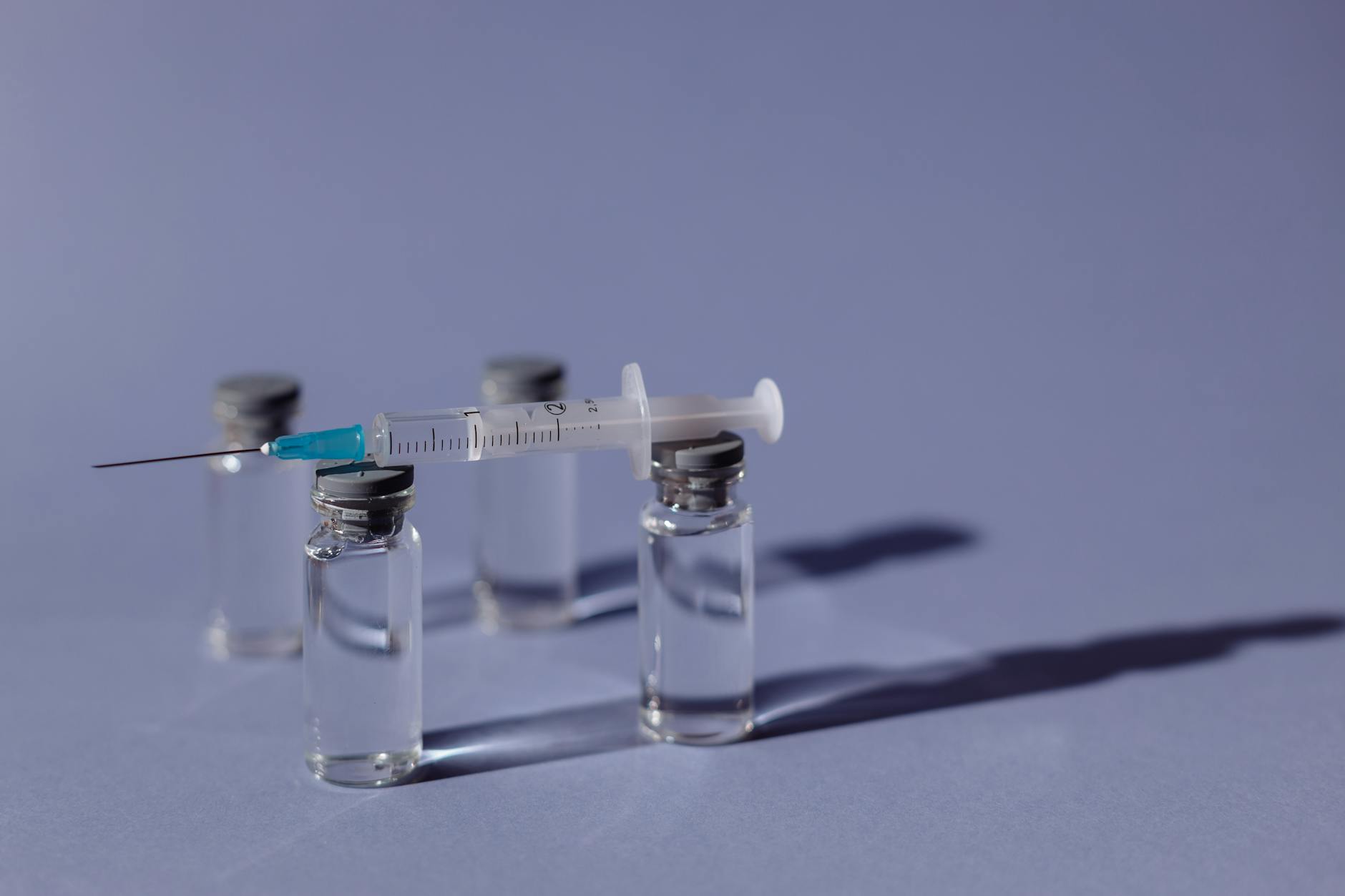
Not all needles feel the same
Some barely touch you. Others stay long after they’ve gone. You learn the difference. You remember which ones made you ache for days. Which ones numbed you instantly. The memory isn’t always pain. Sometimes, it’s surprise. Sometimes, relief.
You don’t always know what’s coming. But your body always remembers what came before.
You never forget the difference
One injection left you dizzy. One made you cry in the parking lot. Another brought silence. Not peace, just silence. That, too, can be healing. The quiet that follows pain has its own kind of weight.
It doesn’t mean it worked. But it meant something changed.
You start to know which ones leave a mark
Some leave bruises you cover. Others shift things inside you so gently you question your memory. Did it help, or did you just sleep better that night? Is that the same thing?
You don’t talk about it. You just notice. Next time, you ask for the same one.
You just breathe and wait
There are days when you hope for the prick. Because it means you tried. It means you didn’t stay still in your suffering. It means someone saw you. Saw enough to offer something real. Not just suggestions. Not just rest.
A needle can feel more like care than a hundred kind words.
You feel what it wants to change
The medication travels fast. Or it doesn’t. Sometimes, you feel it linger. Sometimes, nothing. But the moment it enters, something begins. Not always healing. Sometimes, just the feeling of forward.
You’ve been waiting for that.
What you really hear is help
When the nurse says, “Just a pinch,” you nod. Not because you believe it. But because it helps them feel better. You’re used to pretending. Pretending it’s okay. Pretending you’re not afraid of more disappointment.
You’ve learned how to sit still for possibility.
You learn to measure time differently
Not in hours, but in reactions. In side effects. In symptoms that don’t spike. In headaches that fade. You wait to see if this time will be different. If this time, you’ll stay better longer.
Sometimes, staying the same feels like winning.
Your body becomes part of the treatment
It begins to expect the rhythm. Every few weeks. Every month. You stop questioning. You start preparing. The calendar fills with these quiet rituals. You bring water. Wear a loose shirt. Sit in the same chair if you can.
Small control in something that once felt like chaos.
Sometimes it’s medicine with names too long to hold
You don’t ask how it works anymore. You’ve learned that answers don’t always help. You just want less pain. More clarity. More space to move. You nod when they speak, but your eyes are on the tray. On the syringe. On the moment before.
That’s the only part that still feels loud.
The body teaches what no leaflet can
Side effects listed on a sheet mean nothing compared to what you feel at 3 a.m. The way your joints respond. The way your stomach shifts. You’ve written your own list of side effects. You’ve lived them.
And still, you return. Because sometimes, the trade feels worth it.
That kind of help becomes ritual
It’s not dramatic. It’s not Instagram-worthy. But it’s yours. The walk in. The wait. The sting. The silence. The walk out. You don’t tell people about it. Not because you’re hiding it. But because it’s become ordinary. Quietly important.
And no one really asks anyway.
That contradiction never leaves you
You hope for more. But accept less. You dream of cures. But live with maintenance. You smile at the nurse. Thank them. Even when it hurts. Especially when it hurts.
Because someone still showed up for your body, even when it failed you.
It’s how you return to yourself
Every injection is a question. Will this help? Will it last? Can I hold on longer? You whisper those questions to your body. It doesn’t always answer right away.
But eventually, it does. In movement. In stillness. In breath.
